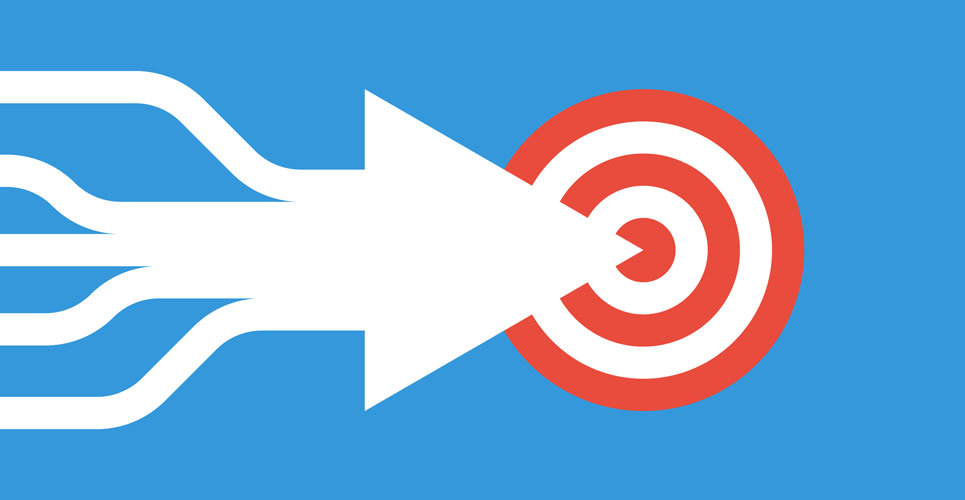A pivotal Phase III trial evaluating Dupixent® (dupilumab) to treat severe atopic dermatitis in children aged 6 to 11 years met its primary and secondary endpoints.
Dupixent is the first and only biologic to show positive results in this paediatric atopic dermatitis population.
The topline data show that for children with severe atopic dermatitis (covering nearly 60% of their skin surface on average), adding Dupixent to standard-of-care topical corticosteroids (TCS) significantly improved measures of overall disease severity, skin clearing, itching and health-related quality of life, compared to TCS alone. In addition, the safety data were consistent with the previously documented safety profile of Dupixent in older populations, including a numerically lower rate of skin infections compared to placebo.
“The results from this trial, the first to assess a biologic medicine in children under 12 with atopic dermatitis, are very important because of the significant unmet needs in this patient population. Children in the trial had suffered from severe atopic dermatitis for most of their lives,” said George D Yancopoulos, MD, PhD, President and Chief Scientific Officer of Regeneron. “The trial showed that Dupixent significantly improved outcomes and quality of life, with no new safety signals.
Dupixent is a fully-human monoclonal antibody that inhibits the signaling of the interleukin-4 (IL-4) and interleukin-13 (IL-13) proteins. Data from Dupixent clinical trials have shown that IL-4 and IL-13 are key drivers of the type 2 inflammation that plays a major role in atopic dermatitis, asthma and chronic rhinosinusitis with nasal polyposis (CRSwNP).
“In this trial, children with severe atopic dermatitis had uncontrolled disease covering, on average, nearly 60% of their skin. The unrelenting symptoms of this disease, which impact not just the child but the whole family, include widespread rashes, intense and persistent itching, and skin lesions,” said John Reed, MD, PhD, Global Head of Research and Development at Sanofi. “Symptoms of severe atopic dermatitis can take a toll on children both physically and emotionally. We are encouraged by these results, which demonstrate that Dupixent improved skin lesions, reduced itching, cleared the skin and importantly, improved health-related quality of life measures for these young patients.”
The primary endpoints assessed the proportion of patients achieving an Investigator’s Global Assessment (IGA) score of 0 (clear) or 1 (almost clear) and 75% improvement in Eczema Area and Severity Index (EASI-75, the co-primary endpoint outside of the US) at 16 weeks.

